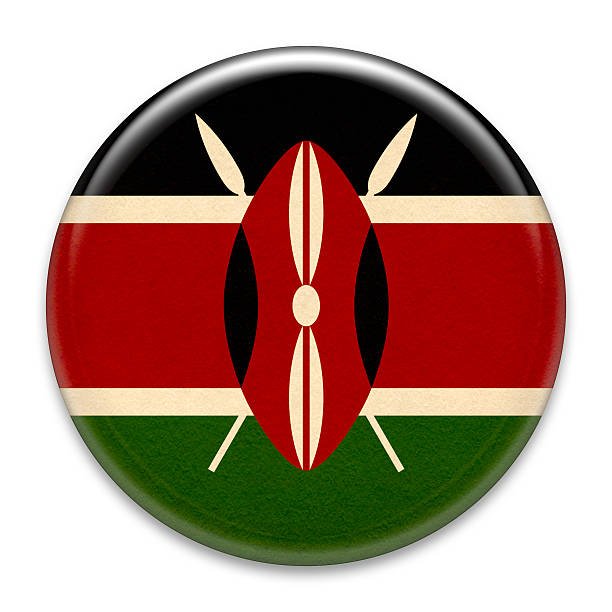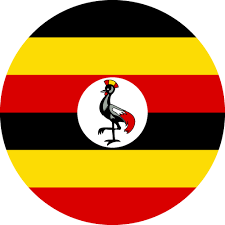Employer of record in Burkina Faso
Employer of record in Burkina Faso
Employer of record in Burkina Faso
Employer of record in Burkina Faso

Burkina Faso, located in West Africa, has a developing economy, with agriculture playing a significant role, particularly in cotton production, alongside a growing services sector. The country has experienced consistent GDP growth in recent years and is focusing on diversifying into areas such as manufacturing, infrastructure development, and renewable energy. Burkina Faso also benefits from a youthful population, which is an asset for its ongoing economic development.
Employee Benefits
Paid Time Off
Annual Vacation: After one year of employment, employees are entitled to 22 paid vacation days. This increases with tenure as follows:
- 2 additional days after 20 years of service.
- 4 additional days after 25 years of service.
- 6 additional days after every subsequent decade of service.
Sick Leave: The sick leave benefit is based on the length of employment:
- 1 year: 2 months’ salary (100% for the first month, 50% for the second month).
- 1-5 years: 4 months’ salary (100% for the first month, 50% for the following months).
- 6-10 years: 5 months’ salary (2 months at 100%, the rest at 50%).
- 11-15 years: 6 months’ salary (3 months at 100%, the remainder at 50%).
- Over 15 years: 8 months’ salary (4 months at 100%, the rest at 50%).
Maternity Leave: Female employees are entitled to 14 weeks of paid maternity leave after 3 months of employment, with payments coming from both the employer and Burkina Faso’s social insurance.
Paternity Leave: Fathers are entitled to 3 days of paid leave.
Family Leave: Parents can take up to six months of unpaid leave to care for a sick child, with a one-month notice required.
National Holidays: Burkina Faso observes 15 national holidays, with additional holidays that vary by region.
Statutory Employee Benefits
Unemployment Benefits: If an employee is dismissed (excluding serious misconduct), they are entitled to severance pay. This is calculated based on the length of employment:
- 25% of monthly wage for the first 5 years.
- 30% for the next 5 years.
- 40% for 10 or more years.
Social Security: Contributions to the social security system are shared between employers and employees. Employers contribute 16% (including occupational accidents, family allowance, and pension), while employees contribute 5.5% for the old-age pension.
Workers’ Compensation: Accidents that occur on the job, including those commuting to and from work, are covered by workers’ compensation. Employers contribute 3.5% of salaries to the social security fund for this coverage.
Retirement: Covered by social security, which provides old-age pensions and disability benefits.
Health Insurance: Burkina Faso has implemented free healthcare for mothers and children under the age of five to improve access. Private health insurance is also available.
Private Employee Benefits
Workers’ Compensation: This is not widely offered in the private sector.
Private Health Insurance: Available for private sector employees.
Private Life Insurance: Also available to employees.
Personal Income Tax
Tax Year: The tax year runs from January 1 to December 31.
Tax Rates: Burkina Faso uses a progressive tax system, with tax rates varying based on income:
| Taxable Income (XOF) | Rate (%) |
| 0 – 30 000 | 0% |
| 30 001 – 50 000 | 12.1% |
| 50 001 – 80 000 | 13.9% |
| 80 001 – 120 000 | 15.7% |
| 120 001 – 170 000 | 18.4% |
| 170 001 – 250 000 | 21.7% |
| Over 250 000 | 25% |
Double Taxation: Burkina Faso has agreements with several countries to avoid double taxation.
Tax Credits: There are various tax credits available, including those for families, education, and social security contributions.
Payroll Taxes and Employer Contributions
Employers are responsible for withholding taxes, including social security, occupational accident insurance, and other contributions. These amounts are deducted from employee wages as part of the Pay-As-You-Earn (PAYE) system.
Statutory Benefits and Legislation
Burkina Faso’s labor laws, including the Labor Act (2008) and the Social Security Law (2006), provide workers with various rights, including paid time off, sick leave, and severance compensation.
The statutory bodies overseeing labor and social security include the Ministry of Labor, Employment, and Social Security, the National Social Security Fund, and the National Employment Agency.
This structure provides a comprehensive understanding of employee rights and employer obligations in Burkina Faso, from visa requirements to statutory benefits and tax responsibilities.
































